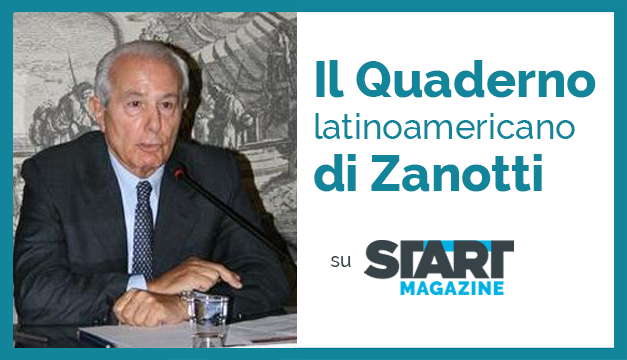I’ll tell you about the defeat of the Peronists in Argentina

In Argentina, the Peronist government limited the electoral defeat, but the country's social and economic problems are serious. The study by Livio Zanotti, author of ildiavolononmuoremai.it
The government of Alberto Fernandez and Cristina Fernandez Kirchner paid less than expected for the economic crisis inherited from the precedent of Mauricio Macri and immediately plunged into inflation with COVID 19. However, the clear electoral defeat suffered in the "supplective" on Sunday 14 November involves further problems, both immediate and long the two-year period that will end the presidential period. The already partial control of legislative activity remains today limited to the Chamber of Deputies alone, the already precarious one in the Senate having been lost. Above all for the decisive victory of the opposing front formed by macrists and radicals of various tendencies (Juntos x el Cambio); but also due to the growth, albeit limited, of the extreme left (Frente de Izquierda y Trabajadores) and the ultra-liberal extreme right Avanza Libertad, which enters Parliament for the first time ("Viva Trump, viva Bolsonaro", shouted its supporters; "Free souls, heart of lions, Hurray to your roars", thanked the leader Javier Milei, the economist already in the campaign for the presidential elections of 2023).
The objective limit of the Peronist government's action in the past two years is easy to find in the absence of an economic plan capable of curbing inflation and substantially reactivating production and employment. The debt inherited from the free-market management of President Macri in 2019 (over 320 thousand million dollars, in terms of real charges about double the one left in turn by Cristina at the end of the 8-year mandate), prevented an expansionary push to ' economy, further aggravated by the enormous costs of COVID19 which reduced production activities throughout the world, putting it into debt to an unprecedented extent. With the opposition that first denied the danger of the coronavirus, then boycotted the government quarantines in the name of misunderstood individual freedoms, finally rejected the Russian Sputnik vaccine because it was allegedly harmful. Contrasts that have favored millions of infections, with the result to date of 118 thousand deaths.
The exasperation of the political confrontation, in the media and in the streets before Parliament, has led the government on the defensive in these two years, reducing it to a daily task of containing social unease. Which prevented him from giving coherent contents, a complete form and adequate timing for the reforms necessary for the reactivation of production. In this way, the reference framework that the Minister of Economy, Martin Guzman, needed to reach an agreement useful for the long-term restructuring of the heavy debt with the Monetary Fund (IMF) also failed. Hence the reopening of access to cheaper international credit. While the internal controversy on the attitude to be held towards the opposition, among those in favor of dialogue with the less intransigent part, led by Alberto, intensified; and the radicals inspired by Cristina, convinced of its uselessness. The substance of the political framework does not change the even more evident fracture in the Macrista opposition, which sees the moderate Horacio Larreta step aside the former leader and president Mauricio Macri, discredited but not entirely resigned to retiring out of the game.
Radical Peronism – it is noted in its historic stronghold in the conurban of the capital, Buenos Aires – managed to mobilize part of its base of reference which two years ago had deserted the vote. It is with the increase in the turnout (24 million voters, equal to 71.7 per cent of those entitled) that the defeat was contained, which was still heavy on the national level: 34 per cent against 42.5 of macrists and radicals, whose strength remains the federal capital; but they have more or less prevailed in almost all the economically most important provinces. If, as one hopes, the coronavirus pandemic continues to recede beyond the end of the warm season, in March-April next year, it is the prevailing opinion in observers' comments as well as in the Peronist movement itself that only the utmost effort is made to recover. the lost time will be able to restore initiative to the government of Alberto and Cristina.
This is a machine translation from Italian language of a post published on Start Magazine at the URL https://www.startmag.it/mondo/vi-racconto-la-sconfitta-dei-peronisti-in-argentina/ on Tue, 16 Nov 2021 06:49:15 +0000.
